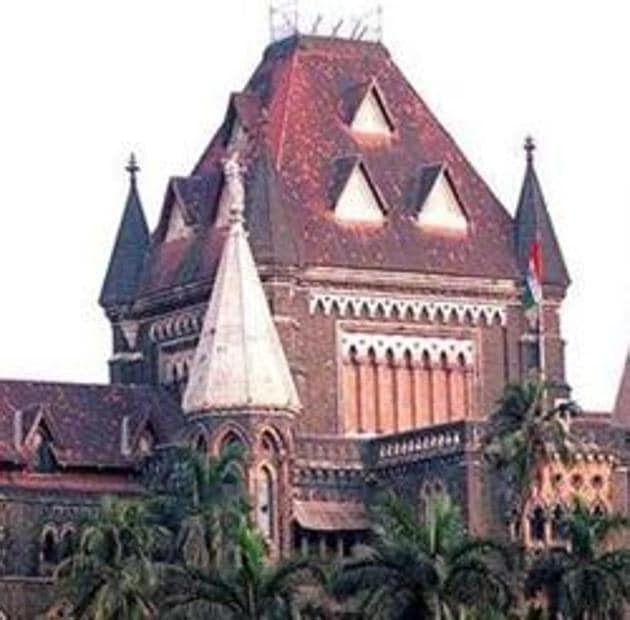Provide potable water, transportation to tribal families in two hamlets cut off from rest of the world: HC to MIDC
A two-member HC division bench, comprising Chief Justice Dipankar Datta and Justice Ajay Gadkari, on Wednesday, directed Maharashtra Industrial Development Corporation (MIDC) authorities to ensure that potable water and necessary transportation facilities are immediately provided to the distressed tribals living in these two hamlets.
The Bombay high court (HC) has come to the rescue of 75 tribal families, who live in two villages, which have been reduced to the last outpost of civilisation, following the third phase of raising the Barvi dam in Thane district’s Murbad tehsil.

A two-member HC division bench, comprising Chief Justice Dipankar Datta and Justice Ajay Gadkari, on Wednesday, directed Maharashtra Industrial Development Corporation (MIDC) authorities to ensure that potable water and necessary transportation facilities are immediately provided to the distressed tribals living in these two hamlets.
The bench also directed the district collector, Thane, to file an affidavit that would capture a realistic picture of the facilities available in the two tribal villages and the facilities that would be required to be provided on an urgent basis.
The bench gave its order while hearing a petition, filed jointly by Kanha Bhika Kadali, of Kolewadkhal village, and Rajaram Zugare, of Talyachi Wadi hamlet, representing the 75 tribal families residing in both the villages that have been hit hard because of the raising of the Barvi dam from 68.60 to 76.22 metres.
The petition stated that Kolewadhakal is situated atop of a hill and tribals living in the village rely on the main roads leading out of the hamlet to access healthcare facilities, high school and colleges located in Murbad, workplaces of some people employed outside and also to tend their farmlands.
However, for the past two years due to an increase in the height of the Barvi dam, the village has been reduced to an island, surrounded by water from all sides, inundating the access roads and cutting the villagers off from the rest of the world.
The petition cited that the last monsoon was particularly difficult for the villagers, as they had to travel by makeshift rafts and also suffered massive damages to their farmlands and properties.
The situation in Talyanchi Wadi, according to the petitioners, is was no different, because the villager remained cut off from the main access roads for the entire year.
The tribal settlement, they said, was also surrounded by water on three sides of the hamlet, while the fourth side is a dense forest and is devoid of an access road.
The petitioners sought directions to MIDC authorities for the distressed villagers’ permanent rehabilitation while contending that the Union Ministry of Environment, Forest and Climate Change (MoEFCC) gave its approval for the third time to raise the height of the dam without any rehabilitation measures for those living in these two tribal hamlets.
On Wednesday, the petitioners’ counsel, advocate Ronita Bhattacharya-Bector, pointed out that the tribals were in urgent need of ration, drinking water and transportation facility, as the hamlets were cut off due to a lack of access.
Advocate Shyamali Gadre, who represented MIDC, maintained that potable water was being provided to the tribal villagers and each affected family was being a monthly sum of ₹6,500 to buy their ration.
Bhattacharya-Bector, however, disputed the claim about the monthly payment for ration, and cited that all the affected families were not paid the amount because of the ambiguity about the eligibility norms to receive the benefit.
HC judges said potable drinking water and transport were basic facilities and must be supplied by MIDC authorities at the earliest.



